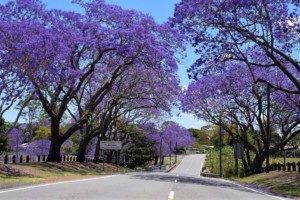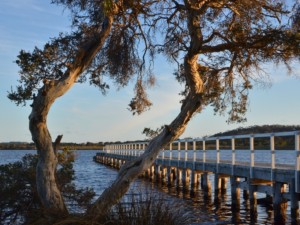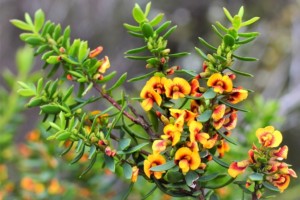Good news in tourism July 5 – 11, 2020

… because it’s everyone’s business!
Published every Sunday, “Good news in tourism” is the perfect pick-me-up for the start of a new week in travel & tourism.
This week in “Good news …”:
- COVID ops
- Regional co-ops
- Decarbonising transport
- Cultural heritage tourism
- Eco- & nature-based tourism
- Friends indeed
- Odds & ends
It’s “Good Tourism”. And go!
Important “GT” news first:
A travel entrepreneur passionate about storytelling and social good, Kelley Louise is the founder and chief of Impact Travel Alliance, a community for eco- and socially-conscious travellers. In a fresh“Good Tourism” Insight published Friday, Kelley tells us how the not-for-profit is making the best of challenging times to educate travellers. Thanks to “GT” Insight Partner Second Look Worldwide for inviting Kelley to contribute.
“GT” Insight Partner the World Tourism Association for Culture & Heritage (WTACH) has teamed up with the World Association for Hospitality & Tourism Education & Training (AMFORHT) in an effort to cooperate in their respective fields of cultural heritage protection and vocational training.
COVID ops
While looking at reopening tourist spots to domestic travellers, Philippines’ Department of Tourism is also considering “travel bubbles” to allow foreign tourists from countries with low or zero COVID-19 cases to visit select destinations.
Meanwhile, The Manila Times is calling on the Philippines government to renovate and develop tourism infrastructure while business is slow. “By doing that now, work could be done with minimal disruption and less inconvenience to tourists and other travellers. More importantly, doing so will help economic recovery, especially since construction projects have a high multiplier.”
To promote domestic tourism in Georgia, prime minister Giorgi Gakharia visited the 200-year-old German settlement of Asureti as well as Dashbashi Canyon in Algeti National Park. “Together, we must rediscover our homeland, Georgia. We should see again all the places which might have been forgotten, with our children, in order to be best guides for foreign visitors when international tourism is resumed.”
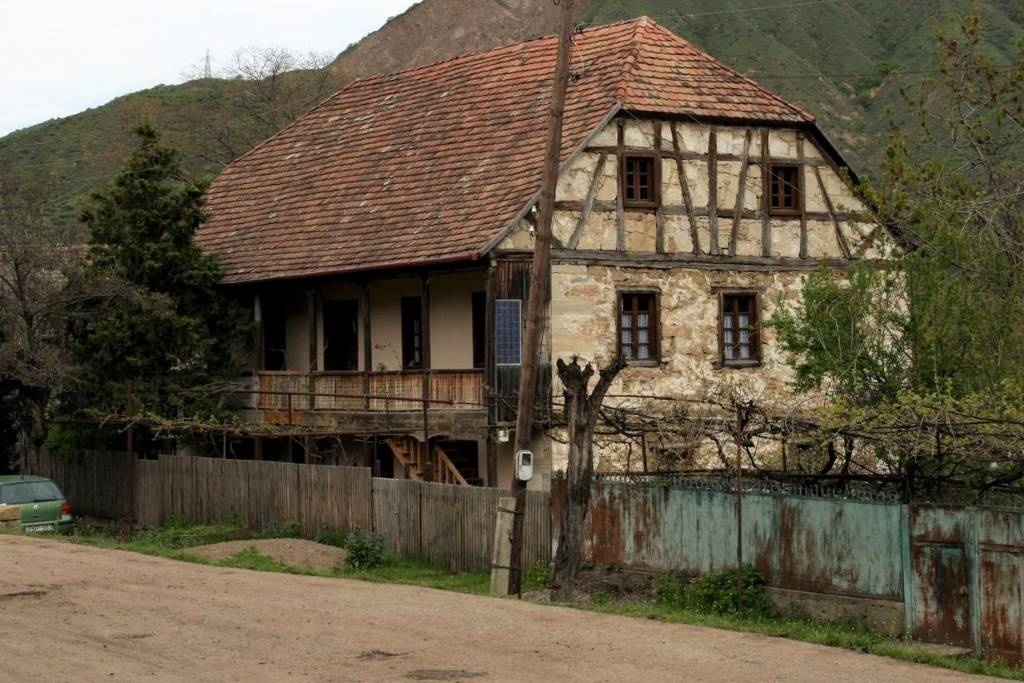
Chris Griffin, boss of Tourism Northern Tasmania, Australia reckons “we all need a silver lining during this time”. Writing about how destination Tasmania should position itself, Mr Griffin cited research on what visitors in the “near future” will want: Go back to nature, do as locals do, visit uncrowded attractions, favour safe businesses, experience uniqueness, and explore slowly.
A “comprehensive” list of states in India that have lifted bans on tourism as at Tuesday, July 7: Himachal Pradesh; Uttarakhand; Goa; Rajasthan; Madhya Pradesh.
Bali, Indonesia reopened to local tourists this week and is preparing to welcome back foreign visitors from September 11. The island’s governor Wayan Koster said activities will resume gradually; in three steps to comply with “new normal” policies.
Authorities in the Flemish city of Ghent, Belgium have prepared a EUR 1.5 million (USD 1.7 million) “three-part recovery plan” for a “healthy and sustainable local tourism”. Deputy mayor Bram Van Braeckevelt: “Ghent is ready to welcome visitors. The tourism of the future starts today. We explicitly opt for sustainable tourism which is in balance with the city and its inhabitants.”
The importance of good partnerships
Many commentators would like to see previously overcrowded destinations recover from the COVID-19 depression with a focus on quality rather than quantity. That would be nice, of course. However, some or many extant tourism stakeholders will likely go out of business should this happen. Don’t let one of those be you. Stay as positive as you can be. And seek out good partnerships with those who make you their priority.
“GT” is a good partner. Ask about partnership opportunities.
Regional co-ops
The Economic Cooperation Organization (ECO) may be considering a “comprehensive regional strategy for sustainable tourism development”. ECO membership currently comprises ten nations: Afghanistan, Azerbaijan, Iran, Kazakhstan, Kyrgyz Republic, Pakistan, Tajikistan, Turkey, Turkmenistan, and Uzbekistan.
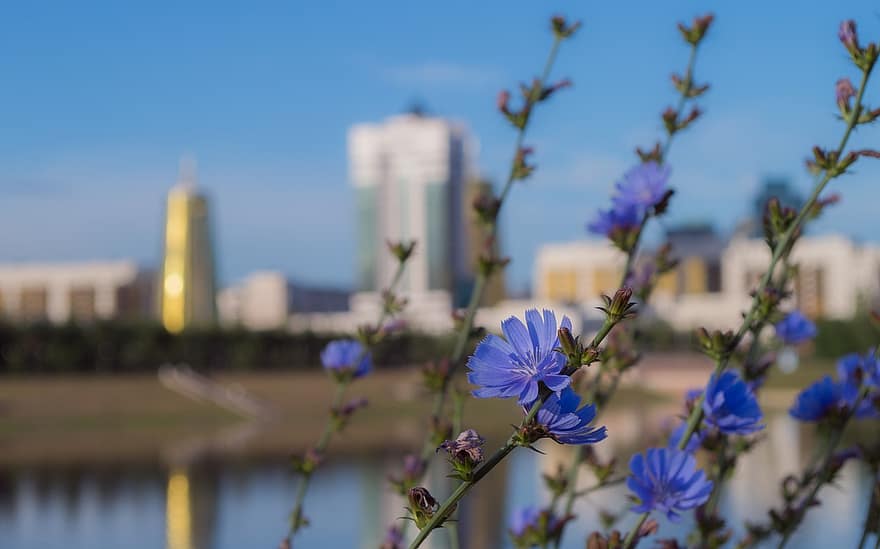
“Not far from the contentious Line of Actual Control (LAC) between India and China is an enclave of peace where both the neighbours have joined hands with Myanmar for biodiversity conservation and sustainable development”, including the development of “sustainable community-based tourism”. The Landscape Initiative for Far Eastern Himalayas (HI-LIFE) is implemented by the International Centre for Integrated Mountain Development (ICIMOD), which is based in Kathmandu, Nepal.
There is a call for people interested in developing tourism products in remote Arctic destinations to take part in an EU-funded project worth more than EUR 1 million (USD 1.13 million). The twist is that the products must have science as their focus. Led by the Arctic Centre at the University of Lapland, Finland the Scientific Tourism (SCITOUR) project will “help small businesses and start-ups based in remote northern regions to create, promote and sell new products”.
Decarbonising transport
France has launched a EUR 15 billion (USD 17 billion) plan for its aerospace industry. The funds are ostensibly to accelerate research on a “green jetliner”; a carbon-neutral successor to the A320. That would be nice. However, nearly half of the money has already been given to Air France as pandemic aid. French taxpayers best keep a keen eye on both the packaging and the contents of this one.
Some 1,000 hydrogen-powered trucks will ply the roads of Belgium, western Germany, and the Netherlands by 2025. That’s the goal of a coalition that includes the Port of Rotterdam Authority, truck manufacturers, an industrial gas supplier, and a logistics firm.
Indian Railways is reportedly on track to be India’s first transport organisation to be both energy self-sufficient and net zero-carbon. The Ministry of Railways will install solar power plants on Indian Railways’ vacant lands.
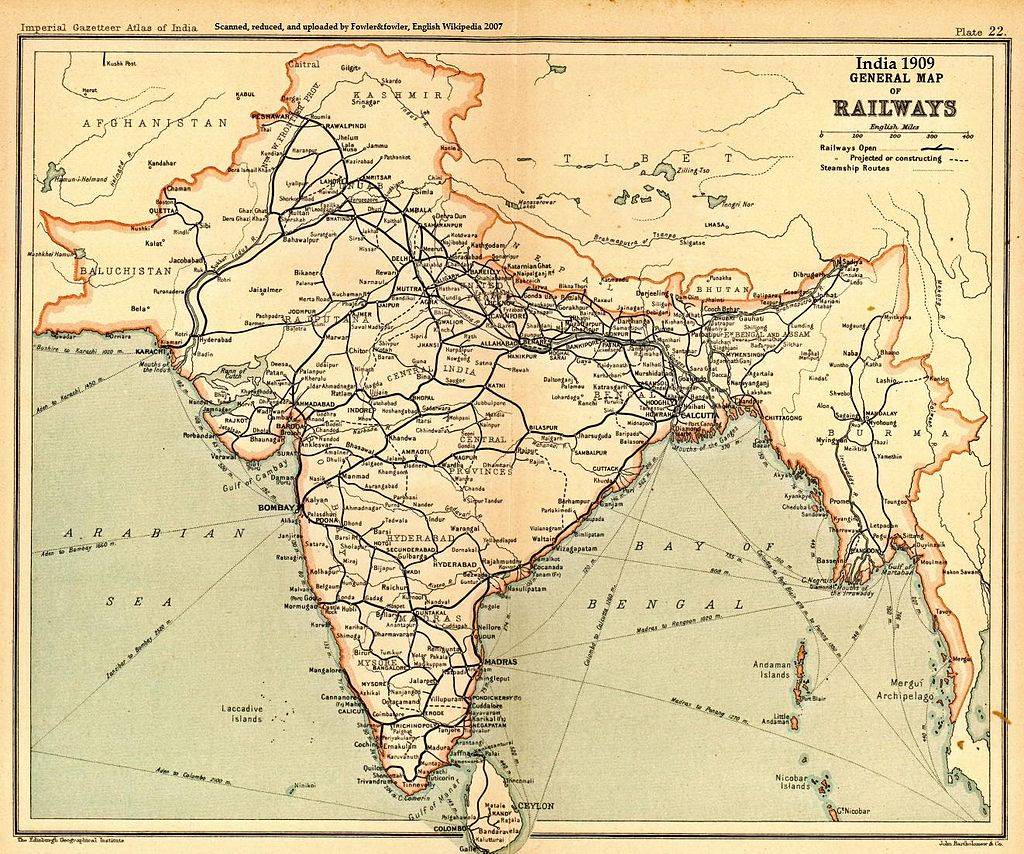
A shift from cars to sustainable public transport will help Scotland’s capital Edinburgh achieve its carbon neutral goals by 2030. A new report recognises the need to first make public transport more accessible and interconnected.
The online bookstore turned internet giant, Amazon.com Inc., has signed a 12-month deal to secure blended jet fuel for its air cargo operations. Amazon expects the blend — 70% conventional and 30% made from used fats, oils, and greases — will reduce greenhouse gas emissions by 20% compared to an equivalent amount of conventional jet fuel.
Keep up with “GT”
If you like “GT” and you don’t want to miss a thing, subscribe to “GT’s” free e‑news:
Cultural heritage tourism
Italy’s Refugee Council has launched La bellezza dell’integrazione — The beauty of integration — which organises cultural tourism training courses for refugees. The project is funded by the EU’s Asylum, Migration and Integration Fund (AMIF) 2014 – 2020.
The People’s Committee in the city of Da Nang, Vietnam announced a project to preserve Nam O fish sauce making skills “for tourism development” as it celebrated the saucy new national intangible cultural heritage listing.
Rwanda has launched a mobile application to support the Liberation History Tourism Trail. The Trail itself was conceived in 2018 “in response to the growing demand for heritage and cultural offerings and renewed global interest in Rwanda, its liberation story and post-genocide transformation”.
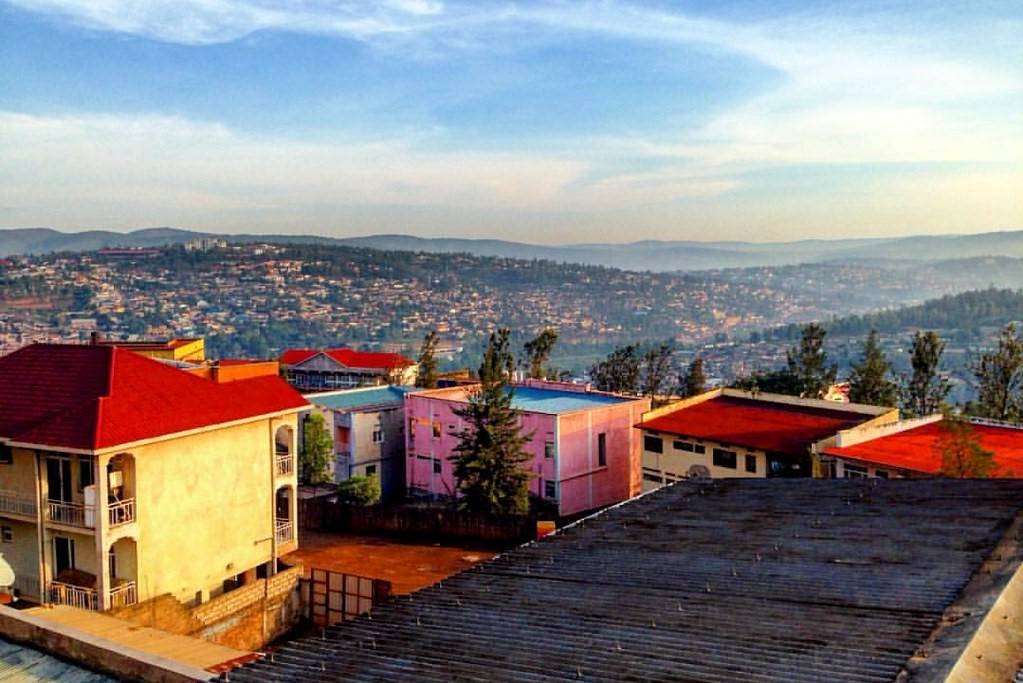
Eco- & nature-based tourism
In an op-ed for The Express Tribune, Malik Amin Aslam Khan, adviser to Pakistan prime minister Imran Khan and Global Vice President of International Union for Conservation of Nature (IUCN), extolled the virtues of his country’s “Protected Areas Initiative”. He wrote that protected areas pay us back in terms of “creating spaces for human recreation, promoting ecotourism, generating green jobs, enhancing resilience to natural disasters, contributing to food and water security through ecosystem restoration and addressing issues such as climate change by sequestering carbon”.
Encouraged by local mainstream media, Cambodia’s public and private sectors are engaging in the “ecotourism” potential of the country.
Community-led efforts are the primary hope for an endangered fir tree species and its habitat in Jalisco, Mexico. Logging and subsequent avocado plantations are their primary threat. Advocates are pushing ecotourism as a way to build prosperity while maintaining the forest.
Dak Nong Geopark in Dak Nong province, Vietnam, has been nominated for listing in the Global Geoparks Network by UNESCO.
With its trails and waterways, League City in Texas, USA is positioning itself to promote birding and boating. Stephanie Molina-Polk of the local CVB reckons people will seek out nature-based activities to reduce their risk of contracting SARS-CoV‑2.
Budding naturalists who love Catalina Island can enjoy a free online training courtesy of the Catalina Island Conservancy. Catalina Island lies off the coast of California, USA. “With naturalist training going online, we [can] connect with people who love Catalina wherever they are,” said outreach & interpretation specialist Hillary Holt. Registration for the free course opens on Monday, July 13, on CatalinaConservancy.org.
Support “GT”
If you find “GT” inspiring, interesting, somewhat amusing, or at least different then surely it’s worth a little something to you.
It means a huge something to “GT”. Thank you very much to those who have donated. 😍
Friends indeed
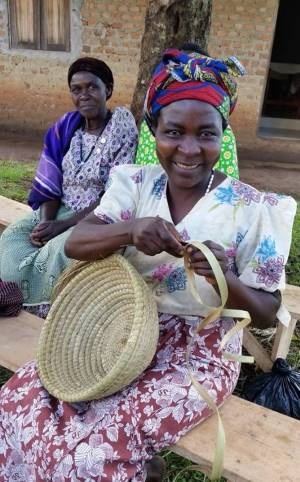
As international travel bans lengthen, belts tighten further in places previously reliant on foreign tourism … Here are fundraisers worth considering because “GT” Friends & Partners are involved. (This content has appeared in “Good news in tourism” before, so enjoy it again or scroll down to the next subheading to skip.)
Khiri Reach, the charitable arm of “GT” Partner Khiri Travel, has set up a fund to support freelance tour guides. Khiri Reach boss Nia Klatte said: “We want to support a group of people who are among the very hardest hit by the current crisis: our freelance guides. Unfortunately, in Southeast Asia, the government safety nets are extremely minimal if they exist at all for freelancers. And while some domestic tourism is coming back, it will take months or years for tourism activities to return to ‘normal’.”
Tanner C Knorr of “GT” Insight Partner Second Look Worldwide is endorsing a fundraiser organised by “GT” Friend James Nadiope, who said: “Since Uganda went into quarantine with total lockdown followed by curfew, many families where we work go empty stomach with no food to eat. I would like to appeal to all well-wishers for financial donations to help these vulnerable families.” [Callback: In January, Mr Nadiope wrote about “How bees, trees, & tourism reduce human-wildlife conflict in Uganda”.]
Many Asian elephants and their mahouts in Thailand and elsewhere are in deep trouble. That’s why Hollis Burbank-Hammarlund, founder & director of “GT” Insight Partner Work for Wild Life International, would ask that you contribute to the Elephant Healthcare Emergency Lifeline Fund, which helps keep veterinarians on the job delivering essential emergency veterinary care to elephants that need it most … when they need it most.
Forest patrols by Wildlife Alliance rangers in Botum Sakor National Park in southwest Cambodia may have to be suspended. The rangers’ equipment, food and wages are provided in entirety by the Golden Triangle Asian Elephant Foundation (GTAEF) and Cardamom Tented Camp both of which depend on tourism. And there is no tourism. An emergency fundraising page is live. [“GT” Friends Willem Niemeijer and John Roberts are associated with the fundraiser via Cardamom and GTAEF respectively.]
Not a fundraiser as such, but a great idea for accommodation providers: “GT” Friend Rachel Sherwood is organising well-deserved holidays for healthcare workers at the front lines of the COVID-19 fight. Operation Recuperation is collecting pledges from accommodation providers and second home owners from all over the world.
Odds & ends
Good news bits ‘n pieces that don’t easily fit into this week’s arbitrary clusters:
Free “virtual training” of “micro-credential courses” will be rolled out to thousands of tourism & hospitality workers in Pacific island nations, including Fiji, Kiribati, Nauru, Solomon Islands, Tonga, Tuvalu, and Vanuatu, should a pilot for 40 prove successful. The courses are made possible by UNDP with funds from the government of Japan. Other partners include the United Nations Development Fund, the Pacific Tourism Organisation, the Australia Pacific Training Coalition, and the Fiji Hotels & Tourism Association.
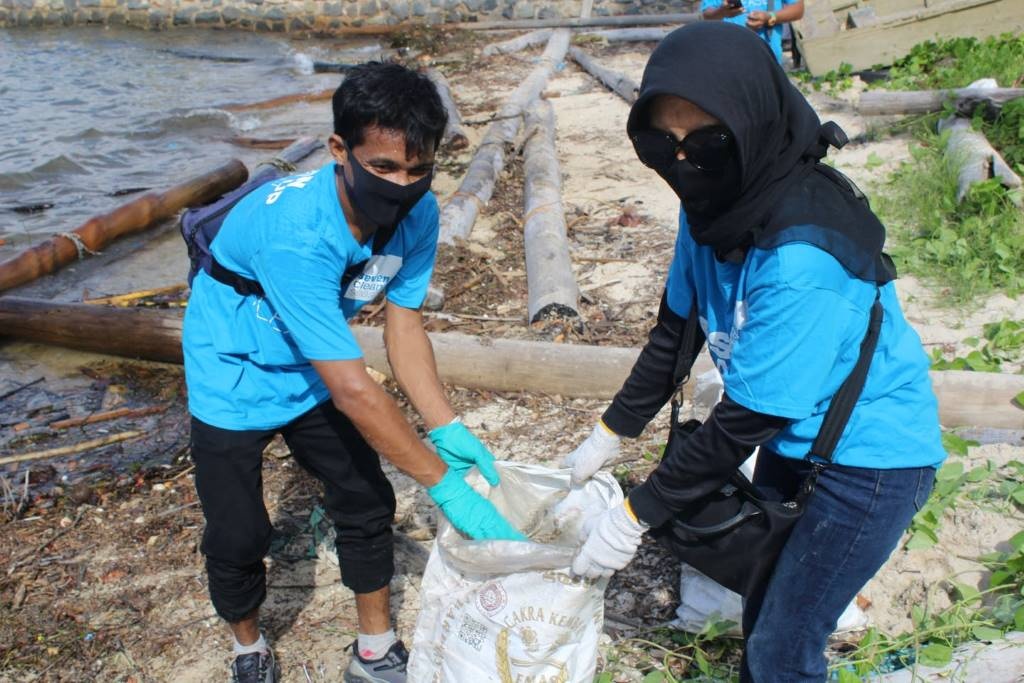
A “plastic offsetting scheme” is hiring furloughed tourism & hospitality workers on Bintan, Indonesia to clean that island’s beaches. In plastic offsetting, companies sponsor recovery schemes, such as beach clean-ups, to offset the plastic they use.
The small town of Dungog in New South Wales, Australia is experiencing a tourism boom thanks to a mountain bike trail. The new track was open for only two weeks before the coronavirus shut it down. Since reopening in June, it has “attracted hordes of riders, leading to a surprise economic revival for local business”.
Stay healthy, smile, have a good week … And when you can travel again, remember:
It’s not ‘no’. It’s ‘know’.
Gotta go? Then go!
If you’ve time, go slow
If you don’t, try low
Do what you know is good
And know there is more to know
Featured image (top of post): Extracted background image from an information/update sheet about the Voyager spacecraft, Humanity’s Farthest Journey. By NASA; edited by Jaybear — Voyager: Humanity’s Farthest Journey, Public Domain (CC0) via Wikimedia.
Donations, diversity, disclaimers
To help your correspondent keep his energy-efficient lights on, please consider a private one-off gift or ongoing donation. THANK YOU to those who have! <3
Thank you very much to those who have donated. 😍
You are a tourism stakeholder — yes, YOU! — so what’s your view? Do you disagree with anything you have read on “GT”? Join the conversation. Comment below or share your “Good Tourism” Insights. Diversity of thought is welcome on The “Good Tourism” Blog. And you will be supporting an independent publisher with your original content.
Disclaimer 1: It is “GT’s” policy to fully disclose partner/sponsor content. If an item is not disclosed as partner or sponsor-related then it will have caught “GT’s” attention by some other more organic means. Partner with “GT”. You know you want to.
Disclaimer 2: None of the stories linked from this week’s post have been fact-checked by “GT”. All terminology used here is as the linked sources used it according to the knowledge and assumptions they have about it. Please comment below if you know there has been buzzword-washing or blatant nonsense relayed here, but be nice about it as the linked sources might get offended. (“GT” won’t.) And as for “GT” bringing it to your attention so that you might be the one to set the record straight, you are welcome! 🙂



